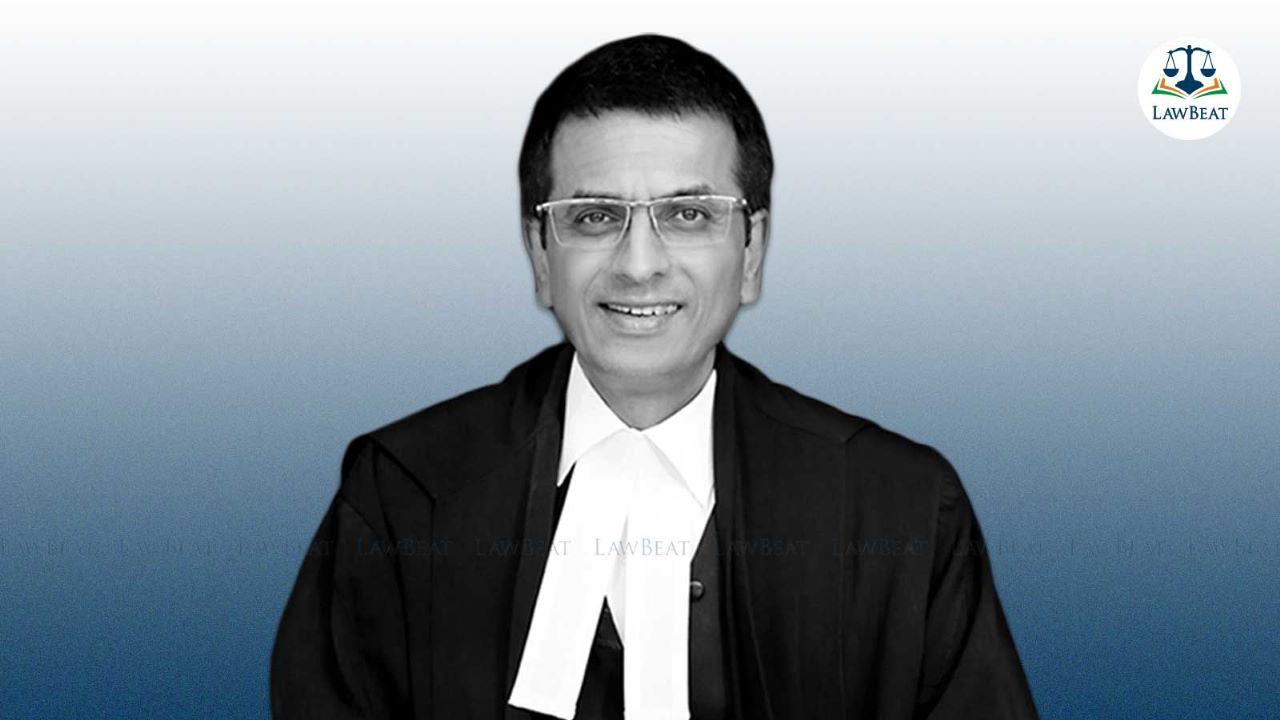Recognizing complexity of CBI prosecutions and leveraging technology to avoid delays is need of the hour: CJI Chandrachud

Criminal Investigations must be synchronised with court procedures for effective and time-bound prosecutions as to prosecute or defend in a CBI case is no easy task, the CJI has said
The Chief Justice of India yesterday delivered the 20th DP Kohli Memorial Lecture on the topic “Adopting Technology to Advance Criminal Justice”.
DP Kohli was the first director of the Central Bureau of Investigation (CBI) and laid the foundation of the institution in 1963.
CJI DY Chandrachud has said that need of the hour is to recognize the complexity of CBI prosecutions and leverage technology to avoid delays.
"A multipronged approach must be adopted to integrate technology with court procedures to obviate the delays caused in CBI prosecutions. This would ensure that the severity of accusation coupled with excessive delays in CBI courts does not translate to a presumption of guilt", he added.
CBI is being increasingly asked to delve into a diverse array of criminal cases beyond its role as an anti-corruption investigative agency, said the CJI, while adding that this places a huge responsibility on the CBI to live up to its motto of ‘Industry, Impartiality, and Integrity.’
The CJI also touched upon the new criminal laws enacted by Parliament saying that they encompass substantive crime, procedure and evidence.
"These laws aim at digitising various aspects of criminal procedure. This is a significant step towards modernising the justice system. From the initial registration of a First Information Report to the final delivery of judgement, every stage of a criminal investigation is slated to be recorded digitally under the purview of the proposed legislation. This comprehensive approach ensures a seamless flow of information and is intended to facilitate better coordination and collaboration among stakeholders involved in the investigative and adjudicatory processes...", he said.
Justice Chandrachud further said that the interplay between law and technology holds immense potential to shape the course of crime detection at all three phases and going beyond it, in addressing wider perspectives in criminal justice reform.
